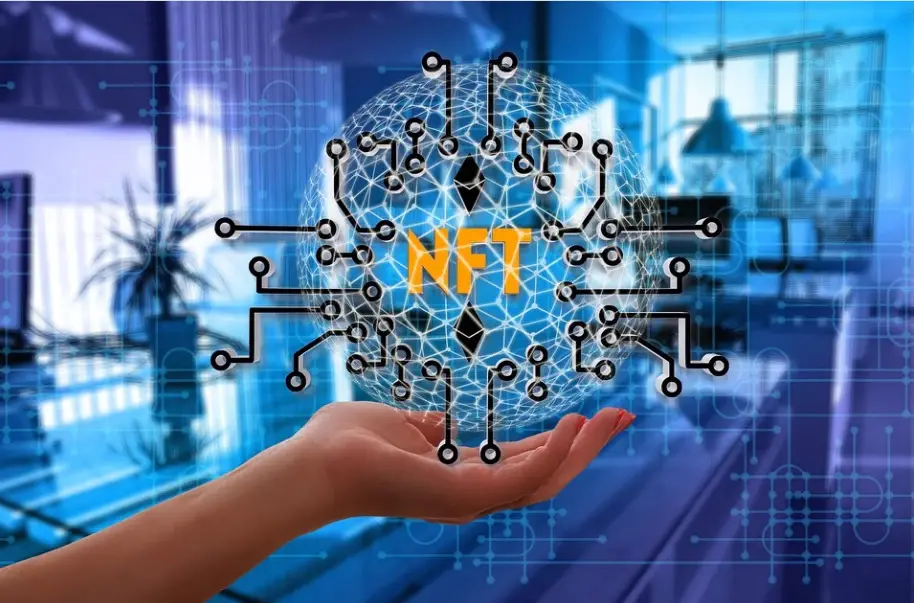In the context of business development, what is a “blockchain”?
A blockchain is a decentralized digital ledger stored on computers throughout the world. These are recorded in a manner that prevents them from being changed in the future.
Transactional records, or “blocks,” of the public are stored in numerous databases, known as “chains,” in a network connected through peer-to-peer nodes in blockchain technology. There are other terms for this type of storage, including a “digital ledger.”
To put it another way, think of the digital ledger as a giant Google Spreadsheet that’s shared among a large number of computers connected to a network and used to keep track of actual purchases. Although everyone can access the data, they cannot alter it.
An essential set of abilities for a company’s business development manager communication and presenting abilities are required for success-
- Skill to persuade and bargain with others.
• A familiarity with commercial concerns.
- Ability to think deliberately and creatively
• Ability to keep track of things.
Personal drive and the ability to be inspired by goals are key components of success.
To explore mone on – What is BlockChain? Defination, Advantages and Disadvantages, Opportunities and How does it works ?
Do business development professionals have certain roles and duties?
Yes, these are –
- Planning for the expansion of a company’s operations and income.
- Finding new ways to reach a specific market and putting those plans into action.
- To find out more about potential customers in target markets.
- Move potential customers through the sales process.
When it comes to business development, why is Blockchain so popular?
Let’s say you want to send money from your bank account to a friend or family member. Logging into your online banking and transferring the money to someone else’s account number is how this works. Transaction records are updated once your bank has completed the transaction. Isn’t it a no-brainer? We may be overlooking a potential problem.
Transactions involving this kind of money can be tampered with easily. With the rise of the third-party payment industry in recent years, many people are skeptical about conducting online transactions in this manner. It is precise because of this vulnerability that Blockchain technology was developed in the first place.
Blockchain is a digital ledger that has recently gained a lot of interest and popularity in the technological arena. What’s so appealing about it? Let’s take a closer look at it to grasp it better.
Keeping accurate and complete records of all business transactions and data is essential. When this information is handled internally or by a third party such as brokers, banks, or lawyers, it can increase a corporation’s time and costs. On the other hand, Blockchain eliminates the need for such a lengthy procedure and allows transactions to move more quickly, saving both time and money.
However, Many people assume that Blockchain and Bitcoin are interchangeable, but this is not the case. Coins such as Bitcoin rely on Blockchain technology because it is the only currency that can be securely exchanged between parties without the need for third-party verification.

What Are the Implications of Blockchain Technology in Business development?
Blockchain technology has had a profound impact on society, including – Bitcoin, Blockchain’s primary application and the whole reason the technology was invented in the first place, has assisted many individuals through financial services such as digital wallets. Micropayments and microloans to those in less-than-ideal financial situations have helped bring new vitality to the global economy. In the world of international business, the concept of TRUST is going to have a huge impact in the future. Before the advent of mediators, lawyers were used to mediating disputes over trust between parties. In contrast, the emergence of Cryptocurrency, which has fundamentally altered the trust equation, has emerged. It’s common for organizations to be based in locations where resources are poor and where corruption is prevalent. In these circumstances, Blockchain provides a substantial advantage to those affected, allowing them to avoid the manipulations of unreliable third-party intermediaries.
Internet of Things (IoT) is now swarming with smart devices that — turn on your washing machines, operate automobiles, maneuver your ships, coordinate garbage pick-up, regulate traffic safety in your neighborhood, you name it! This is where the Blockchain comes in. With the help of blockchain technology, Smart Contracts may be used by any organization to both — enhance operational efficiency and retain accurate records.
Decentralized peer-to-peer networks like Airbnb and Uber can now be built using blockchain technology. – Blockchain technology Paying for tolls, parking, and other costs is possible via this method.
As a safe platform for storing sensitive patient data, blockchain technology can be utilized by the healthcare industry. Blockchain technology can be used by two parties who seek to execute a private transaction in the private consumer realm. • Health-related businesses can use the technology to construct a centralized database and share the information with only the appropriately authorized persons. There are a few things that need to be worked out before a deal may go forward in these types of situations:
- To begin, what are the exchange’s terms and conditions?
- Is it apparent what is meant by everything?
- To begin, what time zone are you in?
- Is this going to be finished by?
- In what circumstances is it unethical to halt the transaction?
Because blockchain technology uses a shared ledger, distributed ledger on a decentralized network, any parties concerned can easily obtain answers to these issues by studying “blocks” in the “chain.” As long as the chain of transactions is intact, a transaction on a blockchain platform may be traced from its origin to its conclusion.

One thought on “Blockchain Business Development”
Comments are closed.